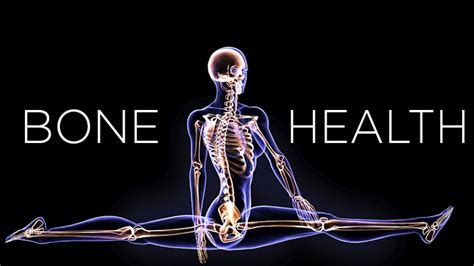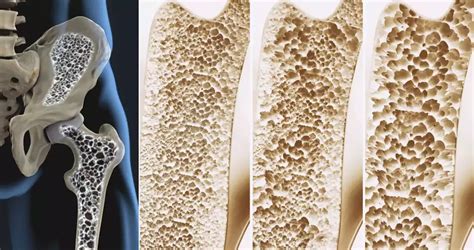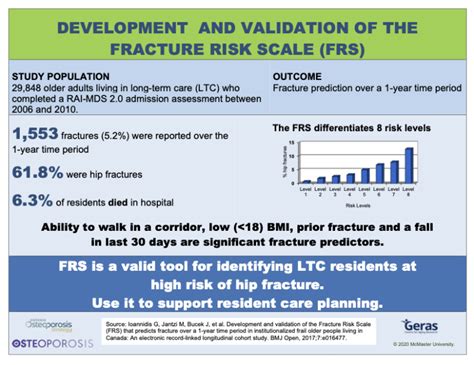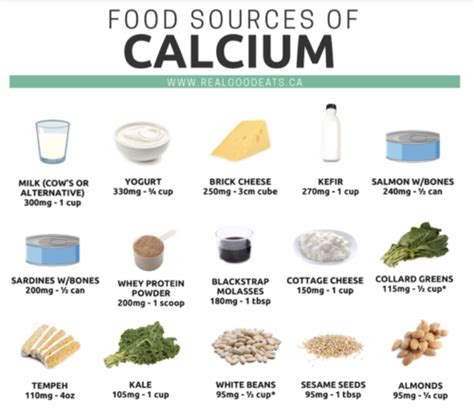Intro
Discover the powerful duo of calcium and vitamin D in boosting bone health. Learn how these essential nutrients work together to prevent osteoporosis, fractures, and brittle bones. Explore 5 ways calcium and vitamin D supplements can support strong bones, improve bone density, and reduce the risk of age-related bone diseases.
Maintaining strong bones is essential for overall health, and two of the most critical nutrients for bone health are calcium and vitamin D. Calcium is the most abundant mineral in the body, and vitamin D plays a crucial role in calcium absorption. Together, they help build and maintain strong bones and teeth, as well as support muscle and nerve function. In this article, we will explore the importance of calcium and vitamin D for bone health and highlight five ways they work together to boost bone health.

Understanding Calcium and Vitamin D
Before we dive into the five ways calcium and vitamin D boost bone health, let's take a closer look at each nutrient.
Calcium is an essential mineral that makes up about 2% of our body weight. It is vital for building and maintaining strong bones and teeth, as well as supporting muscle and nerve function. Calcium also plays a role in blood clotting and muscle contraction.
Vitamin D, on the other hand, is a fat-soluble vitamin that plays a crucial role in calcium absorption. It helps the body absorb calcium from food and supplements, which is then used to build and maintain strong bones. Vitamin D also has anti-inflammatory properties and supports immune system function.
5 Ways Calcium and Vitamin D Boost Bone Health
Now that we understand the importance of calcium and vitamin D, let's explore five ways they work together to boost bone health.
1. Building and Maintaining Strong Bones
Calcium and vitamin D work together to build and maintain strong bones. Calcium provides the building blocks for bone growth and density, while vitamin D helps the body absorb calcium from food and supplements. This process is essential for maintaining strong bones and preventing conditions such as osteoporosis.

2. Regulating Bone Metabolism
Calcium and vitamin D also play a crucial role in regulating bone metabolism. Bone metabolism is the process by which bones are constantly being broken down and rebuilt. Calcium and vitamin D help regulate this process, ensuring that bones are rebuilt stronger and denser.
3. Preventing Osteoporosis
Osteoporosis is a condition characterized by brittle and porous bones. Calcium and vitamin D deficiency is a significant risk factor for osteoporosis. By maintaining adequate levels of calcium and vitamin D, individuals can reduce their risk of developing osteoporosis.

4. Supporting Muscle Function
Calcium and vitamin D also play a crucial role in supporting muscle function. Calcium helps regulate muscle contraction and relaxation, while vitamin D supports muscle strength and function.
5. Reducing Fracture Risk
Finally, calcium and vitamin D can help reduce fracture risk. By maintaining strong bones and regulating bone metabolism, individuals can reduce their risk of fractures.

Food Sources of Calcium and Vitamin D
While supplements can provide adequate levels of calcium and vitamin D, food sources are also essential. Here are some food sources of calcium and vitamin D:
- Calcium: dairy products, leafy greens, fortified plant-based milk, and calcium-set tofu
- Vitamin D: fatty fish, fortified dairy products, and sunlight exposure

Conclusion
In conclusion, calcium and vitamin D are essential nutrients for bone health. They work together to build and maintain strong bones, regulate bone metabolism, prevent osteoporosis, support muscle function, and reduce fracture risk. By maintaining adequate levels of calcium and vitamin D through food sources and supplements, individuals can reduce their risk of bone-related disorders and maintain overall health.
What is the recommended daily intake of calcium and vitamin D?
+The recommended daily intake of calcium is 1,000 mg for adults, while the recommended daily intake of vitamin D is 600-800 IU.
Can I get enough calcium and vitamin D from food sources alone?
+While food sources can provide some calcium and vitamin D, supplements may be necessary to meet daily recommended intake, especially for individuals with restricted diets or certain medical conditions.
What are the symptoms of calcium and vitamin D deficiency?
+Symptoms of calcium and vitamin D deficiency can include weak bones, muscle cramps, and fatigue. In severe cases, deficiency can lead to osteoporosis, osteomalacia, and rickets.
We hope this article has provided you with a comprehensive understanding of the importance of calcium and vitamin D for bone health. By maintaining adequate levels of these nutrients, you can reduce your risk of bone-related disorders and maintain overall health.

